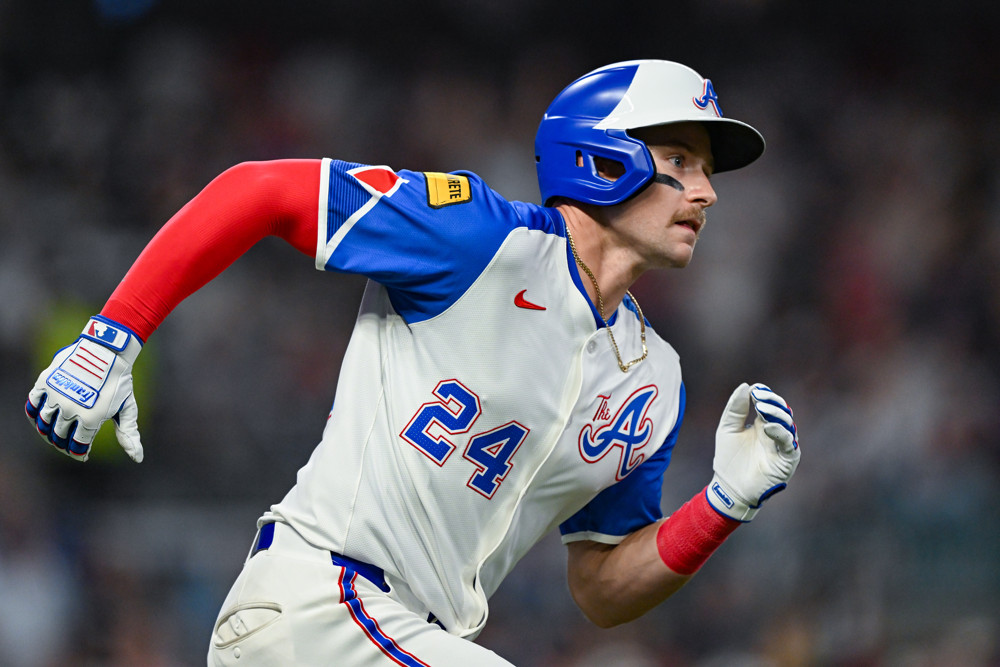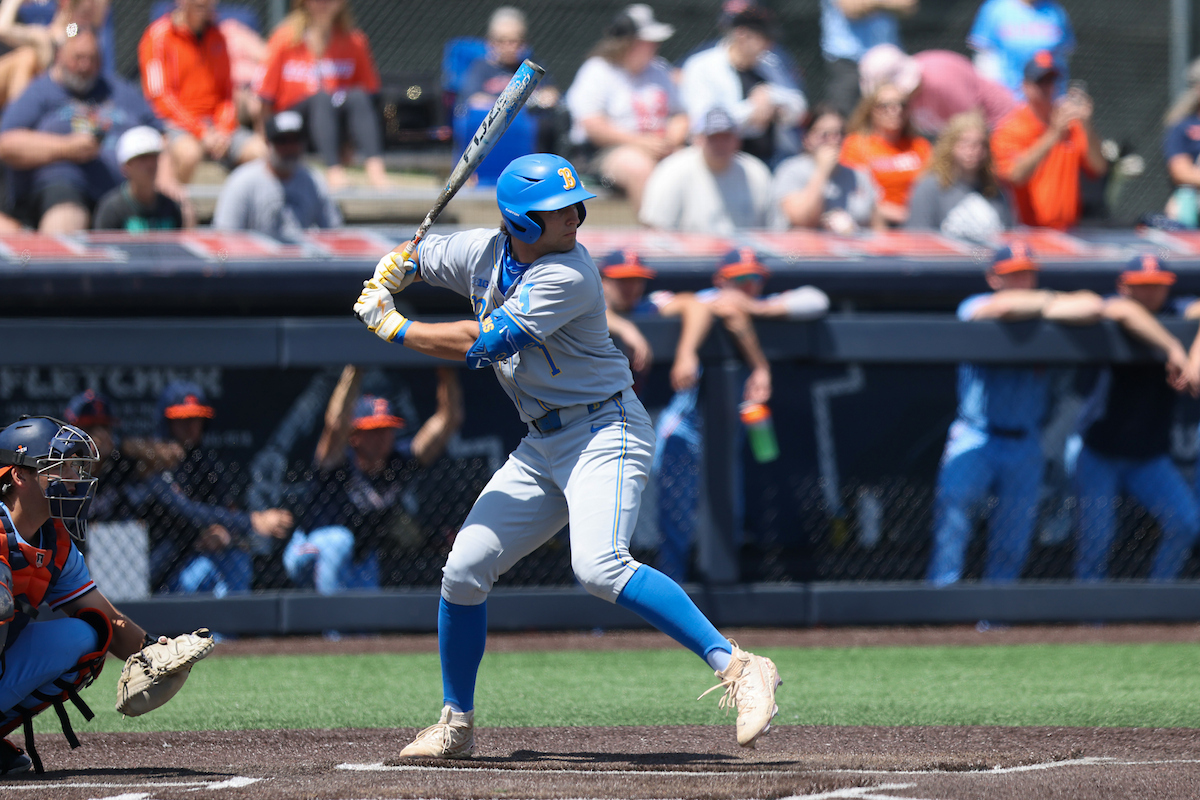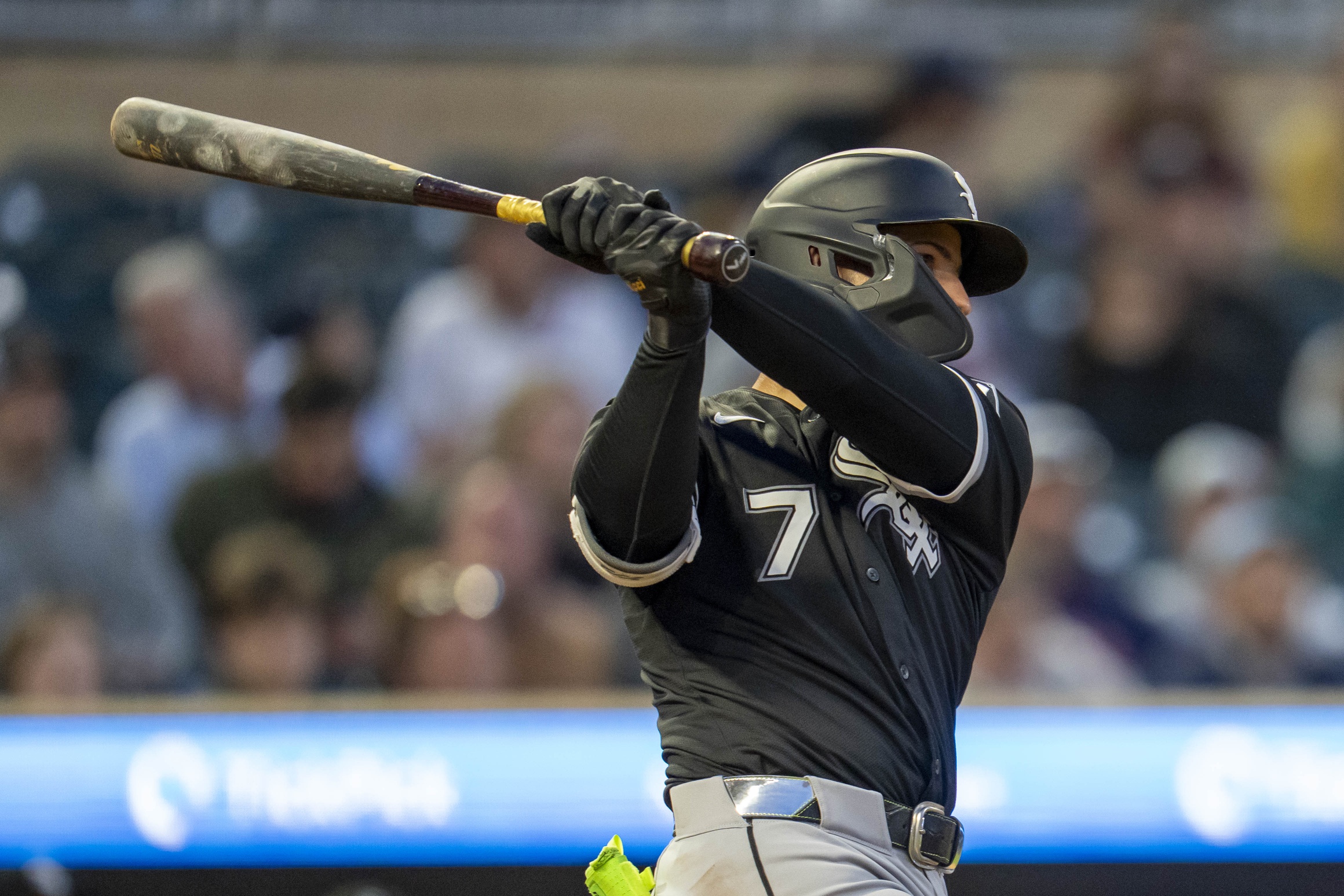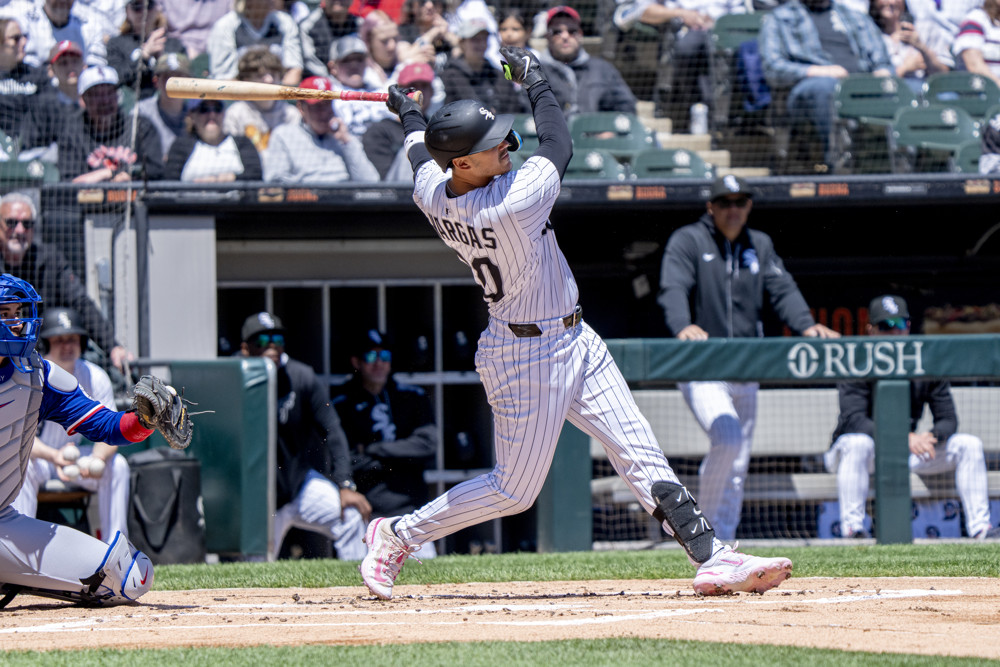The "two guys on a bus" cartoon was created by a Brazilian artist in 2013, but it didn't achieve meme format in English-speaking countries until November 2021, which is a month after the White Sox were escorted out of their last postseason appearance. As long as that image has been a way to express living well and living poorly, the White Sox have been living on the wrong side of it.
That said, the Twins did their damndest to displace the White Sox with brute force, unloading a staggering 40 percent of their 26-man roster over the last four days. In chronological order on the team's transaction page, they traded:
- Chris Paddack (with Randy Dobnak)
- Jhoan Durán
- Willi Castro
- Harrison Bader
- Carlos Correa
- Griffin Jax
- Brock Stewart
- Danny Coulombe
- Louis Varland
- Ty France
The trade of Correa symbolizes best symbolizes the unraveling. He signed a six-year, $200 million deal in January 2022 to remain with Minnesota after larger deals with the Mets and Giants crumbled due to concerns about his physical evaluation, but he didn't even make it to the halfway point before they shipped him back to the Astros. Adding insult to injury, they sent $33 million to help cover the remaining $96 million owed through 2028, and that didn't even buy a prospect of note in return.
Derek Falvey, Minnesota's president of baseball operations, tried to paint it as a noble gesture, giving Correa the ability to return to a place he still has roots because the direction of a team wouldn't match his status. In isolation, it could turn out to be a smart move. Correa has scuffled around a series of minor injuries, hitting just .267/.319/.386 with abysmal defense at shortstop. He'll need to rally to produce an average season for the second time in three years, which doesn't bode well as he advances into his 30s for the back half of his contract.
But in the context of the flattening of the Twins' arc -- the way the Pohlad ownership did nothing to capitalize on the excitement of breaking their 18-game postseason losing streak in 2023, and how it showed on the field -- the Correa trade is a real rug pull. Two-fifths of the roster is gone, but the front office and manager remain mostly because the owners literally do not want to be there. We’ve yet to see the benefits of Justin Ishbia’s pledge to infuse capital into the White Sox's operations, but he's already drained the blood from a division rival, which still nets out as a gain.
At the same time, the White Sox are trying to sell something closer to optimism. They traded Austin Slater and Adrian Houser by Thursday's deadline, but while their absences will be felt on the 26-man roster, they're impending free agents who were acquired with the intent to flip, so they merely fulfilled their destiny.
They didn't trade Luis Robert Jr., and while everybody can decide for themselves whether to buy Chris Getz's spin, you can't fault Getz for wanting to slap on a pair of optimistic Bonobos and take them for a walk around the block. It turns out that it kinda rules to oversee a product that isn't an absolute dog.
"I can't wait to play tomorrow. In the last year and a half as general manager here, I've never been more excited to come into the ballpark," Getz said in an extended comment about what he's looking forward to over the final two months. As to how he closed it:
"We scratch Adrian Houser yesterday, and we still come out with a win. That's not an easy thing to do, and that speaks to the roster we have and the creativity of our staff. So just to go into games on a regular basis and knowing that we've got a chance to win that night, there's a pathway to win –– Will [Venable] refers to it as a pathway to victory –– that makes it a lot of fun."
Some have argued that Getz is being obtuse or obstinate, because he sees a Robert trade as selling him for 50 cents on the dollar instead of acknowledging four bits as his real market value ...
I think it's actually less likely than not that Luis Robert Jr. would get a 2/40 contract as a free agent if he were one right now, and if he did, it certainly wouldn't crush that figure. I suspect the best trade partners the Sox front office would have for him is ones run by their clones.
— Dan Szymborski (@dszymborski.fangraphs.com) 2025-08-01T03:52:13.504Z
... and based on how well betting on Robert has paid off to date, it's hard to argue against it.
At the same time, those who follow the White Sox have probably seen Andrew Vaughn in Milwaukee, already matching his power and patience numbers with the White Sox in just one-third of the games:
| Team | PA | HR | RBI | BB | AVG | OBP | SLG |
|---|---|---|---|---|---|---|---|
| CHW | 193 | 5 | 19 | 7 | .189 | .218 | .314 |
| MIL | 61 | 5 | 21 | 7 | .365 | .426 | .731 |
The White Sox had every reason to trade Vaughn at the time they did, and Aaron Civale will still serve a purpose of throwing competitive innings while bolstering a young rotation, but seeing Vaughn look like a third-overall pick with another team so suddenly, even if it's only 18 games, still has to chap the ass.
And had they traded Robert for that real market value -- a low-level high-ceiling type or another post-hype prospect -- only to see Robert build on the MVP form he's been showing of late for an actual contender, Getz would once again be seen as a mark.
As bad as the White Sox have been, as long as the White Sox have been as bad as they've been, Getz is damned if he does, damned if he doesn't. That's life without any benefit of the doubt. For our purposes, though, he's chosen the more interesting path to hell.
If Robert were toiling for a team that was listing, then sure, what would be the point of holding out for a return the league has deemed unrealistic? At this moment, however, the White Sox have an 8-4 second half record with some satisfying wins against teams that are trying, and Robert's performance is a big reason why, creating an argument at a very specific juncture: What if Robert's a change-of-scenery candidate, but the scenery is already changing with the White Sox?
The risk is that "an argument at a very specific juncture" is merely a verbose way of saying "a mirage." Robert could pull his adductor, and in turn, the football that Getz is trying to kick, and everybody is played for fools once more. The counterargument is that selling might be smarter, but it's not guaranteed to satisfy, and Getz has no shame to lose. If the White Sox are going to be seen as clowns no matter what, they can at least try to be the ones who aren't crying on the inside.






